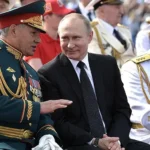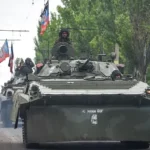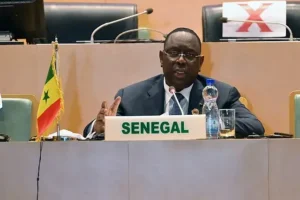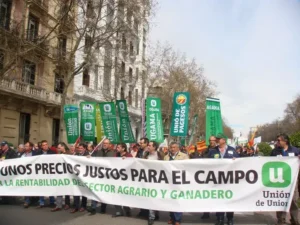US and EU expressed concern over Pristina’s coercion of ethnic Serbs to adopt the euro.
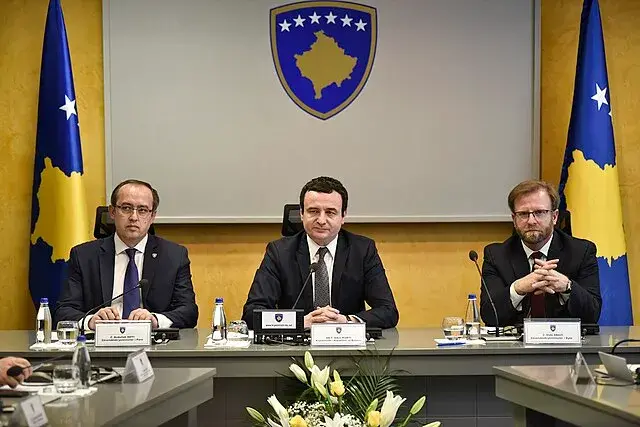
Kosovo’s authorities have provoked ethnic tensions by banning Serbia’s currency and forcing the Serbian minority to use the euro, according to the United States.
The situation worsened after police raids on four organizations that operate in areas populated by Serbs, ordered by Kosovo’s interior ministry. The security conditions could deteriorate as a result.
Serbian officials claim that the abrupt shutdown of these operations will harm the daily lives of ethnic Serbs who depend on social services. The European Union condemned Kosovo for taking unilateral actions that could damage relations with Serbia, which does not accept Kosovo’s independence.
Josep Borell, the EU High Representative for Foreign Affairs, expressed concern, saying that these actions do not help to de-escalate and are done without the necessary prior consultation.
The status of the targeted organizations, which are described as parallel structures funded by Belgrade, should be addressed through EU-mediated normalization talks between Kosovo and Serbia, but the dialogue has faced difficulties since a September standoff.
Kosovo has used the euro as its official currency since declaring independence in 2008, but ethnic Serbs, who make up about 5% of the population, still use the dinar, reflecting their rejection of Kosovo’s statehood.
The international community has urged Kosovo to delay the euro-only policy, citing insufficient time for adaptation. Concerns are especially raised about the impact on schools and hospitals. The US ambassador to Kosovo expressed worries about the police’s efforts to seize vehicles carrying Serbian dinars, saying that these actions increase ethnic tensions.
Aleksandar Vučić, Serbia’s President, accused the ban on the dinar of being part of a wider policy to ethnically cleanse Serbs from Kosovo. He called it a “criminal strike” and announced Serbia’s intention to seek a UN Security Council meeting to address rising tensions.
Despite Pristina agreeing to extend the transition period, Vučić vowed to ignore the regulation. Tensions have also arisen due to efforts by ethnic Albanian authorities to assert control, including removing Serbian flags and signs from public buildings and banning vehicles with Serbian number plates.
Sources close to the Kosovan government emphasized that the euro switch in the north aims to address concerns about counterfeit money and illegal cash flows rather than provoke the Serbian government. They also asserted that the raided parallel institutions were considered illegal and were to be closed based on the 2013 Brussels agreement with Serbia.

